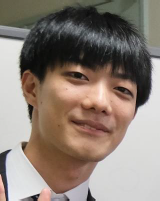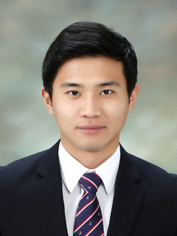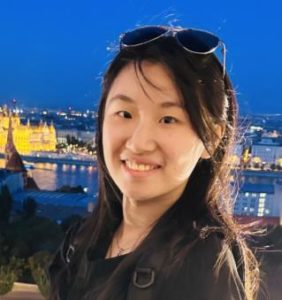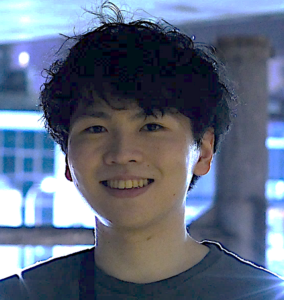Journal of Materials Chemistry A, B and C, Materials Horizons, Materials Advances and Nanoscale Advances were delighted to sponsor poster prizes at the recent 15th Asian Conference on Chemical Sensors (ACCS15) which was held in Kitakyushu-city, Japan from November 17 – 20. We would like to congratulate the winners and you can find out more about them below:

Kimiharu Oba received his B.S. degree in engineering from Tohoku University in 2023. He is currently a master’s student at Tohoku University under supervision of Profs. Shiku and Ino. He is developing a new imaging system based on working on electrochemiluminescence for the visualization of cellular function. Currently, He is visualizing the permeability of vascular endothelial and intestinal epithelial cells, comparing it with electrical resistance values, and investigating cellular drug responses. Kimiharu Oba received a poster prize for his poster entitled ‘Electrochemiluminescence imaging of cell adhesion in gut-on-a-chip’ |

Kwangmin Shim received his B.S. degree from Hongik University in 2014 and is currently pursuing a Ph.D. under the supervision of Professor Jung Hwan Seo at the same institution. His research focuses on the development of micro gas chromatography systems for real-time, on-site analysis of hazardous substances. Currently, he is working on designing an advanced micro gas chromatography system specifically targeting ultra-light hazardous substances. Kwangmin Shim received a poster prize for his poster entitled ‘A micro GC sensor system for detecting environmental gas mixtures’
|

Chia-Ling, Chiang completed her bachelor’s degree in Department of Biomedical Engineering at Chung Yuan Christian University in 2021. She then earned her master’s degree in Department of Biomedical Engineering at National Taiwan University in 2023, joining Dr. Chii-Wann, Lin research team. During her master’s studies, under the co-supervision of Dr. Nan-Fu, Chiu from the Institute and Undergraduate Program of Electro-Optical Engineering at National Taiwan Normal University, she focused on the feasibility study of surface plasmon resonance-enhanced Raman spectroscopy, successfully applying it to detect the heparin-platelet factor 4 protein complex. Currently, she is pursuing a PhD. in the Graduate Institute of Biomedical Electronics and Bioinformatics at National Taiwan University, with research focusing on optical detection techniques for cells and tissues, as well as the design and application development of microfluidic chips. Chia-Ling Chiang received a poster prize for her poster entitled ‘Challenges in Surface Plasmon Resonance Detection Limits: Precision Measurements Based on Fluid Control and Light Wavelength Stability’ |

Hikaru Tago received his master’s degree in 2024 and is advancing his research in the Ph.D. course of the Bio-Applications and Systems Engineering, Tokyo University of Agriculture and Technology, Japan. His research focuses on developing a pathogen detection system by integrating image analysis with deep learning. He has already published a paper on this topic as the first author in an international academic journal. Hikaru Tago received a poster prize for his poster entitled ‘High-throughput microbial species identification by image sensor-based colony fingerprinting system’ |










